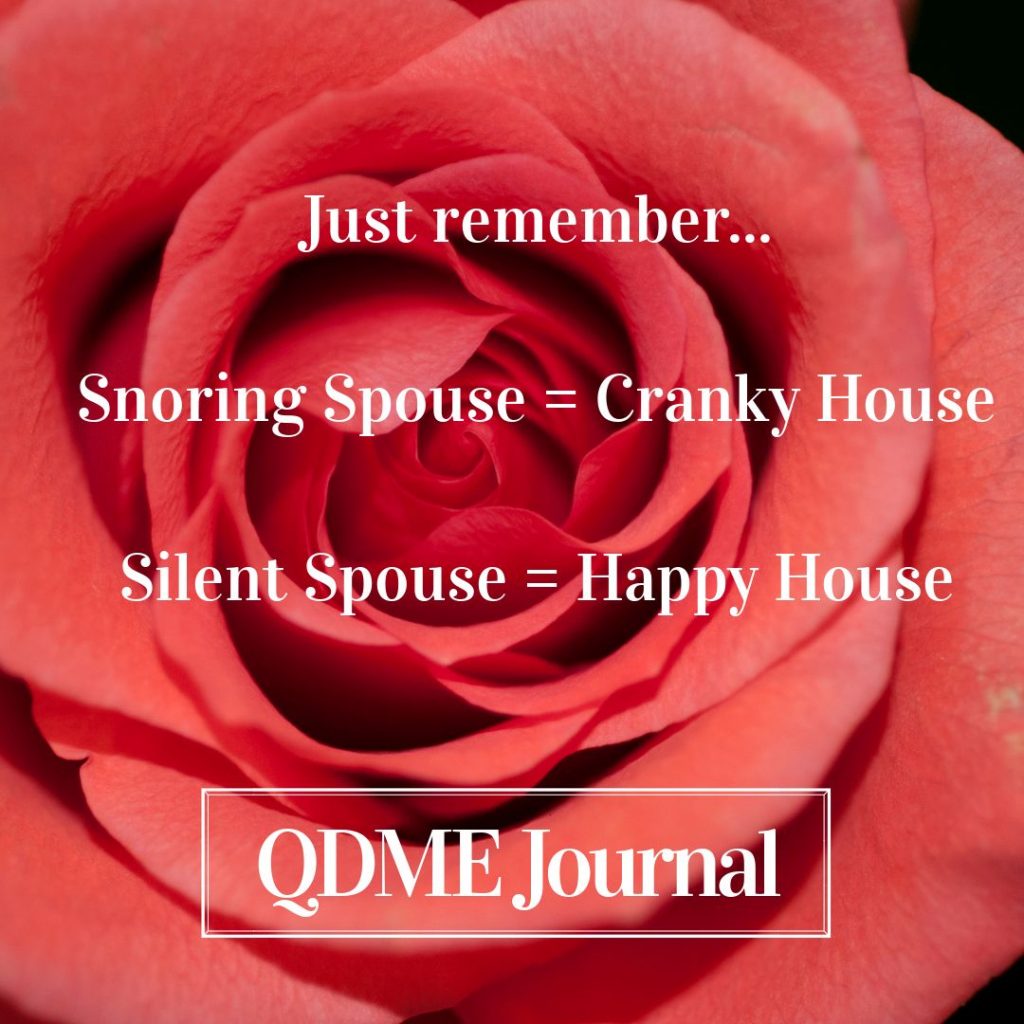What does someone with Sleep Apnea look like?
Some common misconceptions of a typical Sleep Apnea patient include someone who is older, overweight, a male, or a chronic snorer. Nevertheless, Sleep Apnea affects people across the entire spectrum of age, size, gender, and race.
When compared to men, women usually have subtler symptoms of Sleep Apnea. This may be why their sleep problems are often misdiagnosed and under-diagnosed.
Here are some symptoms of Sleep Apnea that women should look out for:
- Waking up with a very sore or dry throat
- Loud snoring
- Occasionally waking up with a choking or gasping sensation
- Sleepiness or lack of energy during the day
- Sleepiness while driving
- Morning headaches
- Restless sleep
- Forgetfulness, mood changes, and decreased interest in sex
It’s important to note that snoring is usually much lighter in women. It’s also been shown that men are less likely to complain if their significant other is snoring; many women have no idea that they snore.
Additionally, doctors may mistakenly prescribe women medication rather than referring them for a sleep study evaluation of Obstructive Sleep Apnea (OSA) as referenced by the Alaska Sleep Clinic.
Research
In an older study done by the National Institutes of Health, it was shown that women tend to have milder cases of OSA compared to men.
A more recent study done by the National Institutes of Health further investigated women with OSA compared to men with OSA. It found that gender differences may affect the severity of OSA in women. However, this methodology does have its limitations. A study that compares women with OSA to the general population of women would provide additionally useful data.
There is a need for more research on the affects of Sleep Apnea in women. This will help improve overall awareness and the diagnosis of OSA.
Education
The good news is that every passing year, there is more research being done. Sleep Doctors are continuing to learn more about Sleep Apnea every day. The best thing that women can do is educate themselves and be informed.
Check out all the symptoms of Sleep Apnea listed above and see if you’re affected by any of them. Don’t be afraid to speak up! Have a conversation with your doctor and discuss the next steps of your health plan.
Protect yourself and get involved in your health!
Check-in with the QDME Journal for new blogs and interesting topics!

Follow Us to learn even more!



